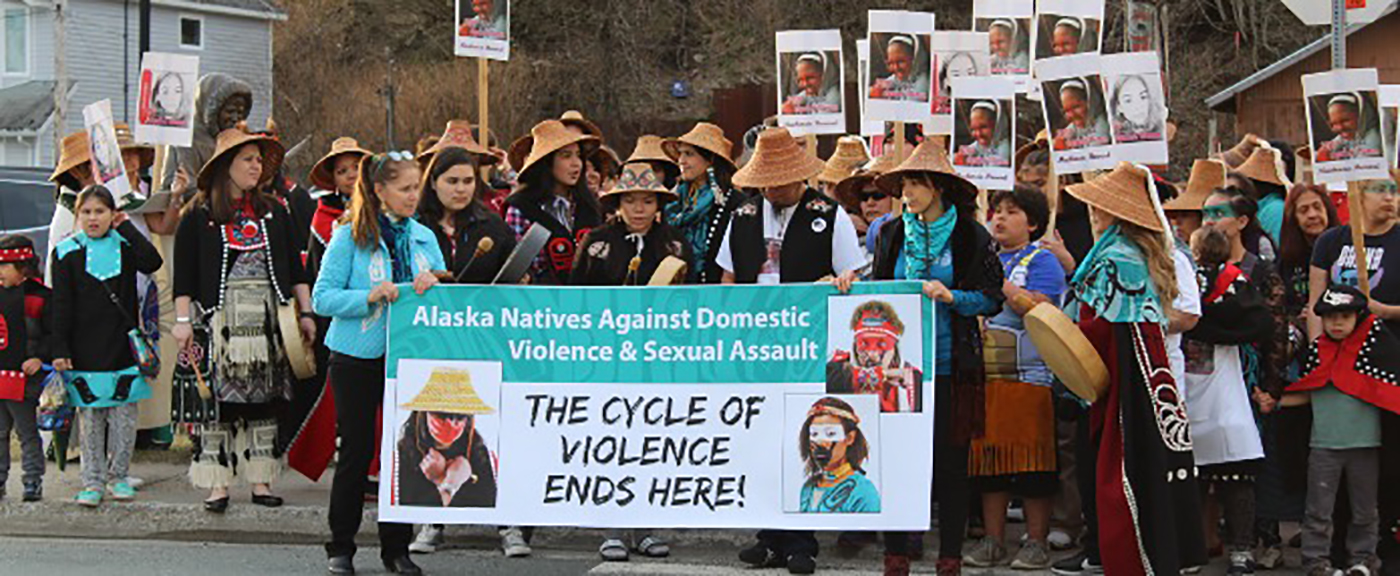
Alaska contains 571,384 sq. miles and is home to 229 of the 574 federally recognized inherently sovereign tribes. Weather can range anywhere from -70 in the winter to 90 degrees Fahrenheit in the summer, depending on location. There are 11 distinct and diverse Alaska Native cultures spread across the great state of Alaska. Cultures and languages vary from community to community but share similar value systems, such as deep respect for the land and mutual respect for each other. The demonstrated resilience and strength through traditions, culture, and shared values in Alaska Native cultures have been fundamental to the survival of Alaska Natives. These belief systems have been passed down from generation to generation since time immemorial. Rural villages are small and tight-knit and rely heavily on subsistence hunting and gathering. Most rural villages are only accessible by boat or plane. A majority of rural villages do not have law enforcement, Alaska State Troopers are normally a 2+ hour plane ride away.


Due to isolation, lack of resources, expansive landscape, and high cost of living, these are considered some of the most underserved citizens in the United States. According to a 2017 Department of Public Safety report, Alaska Natives account for 20% of the population and represent 54% of sexual assault victims. Sexual assault victims in rural Alaska villages often have issues accessing forensic exams, law enforcement response, and victim services in a suitable timeframe. This is mostly due to limited accessibility to transportation, weather-related delays, or lack of funding. It is not uncommon for victims to wait days for an appropriate response in communities off the road system. This often results in deterioration of evidence before an investigation can take place. Emergency dispatch calls are routed to a larger hub city. Sometimes that hub city is not even in their region, further delaying the response time.
